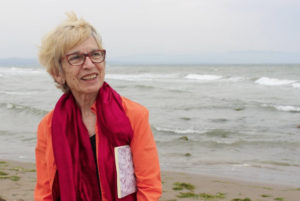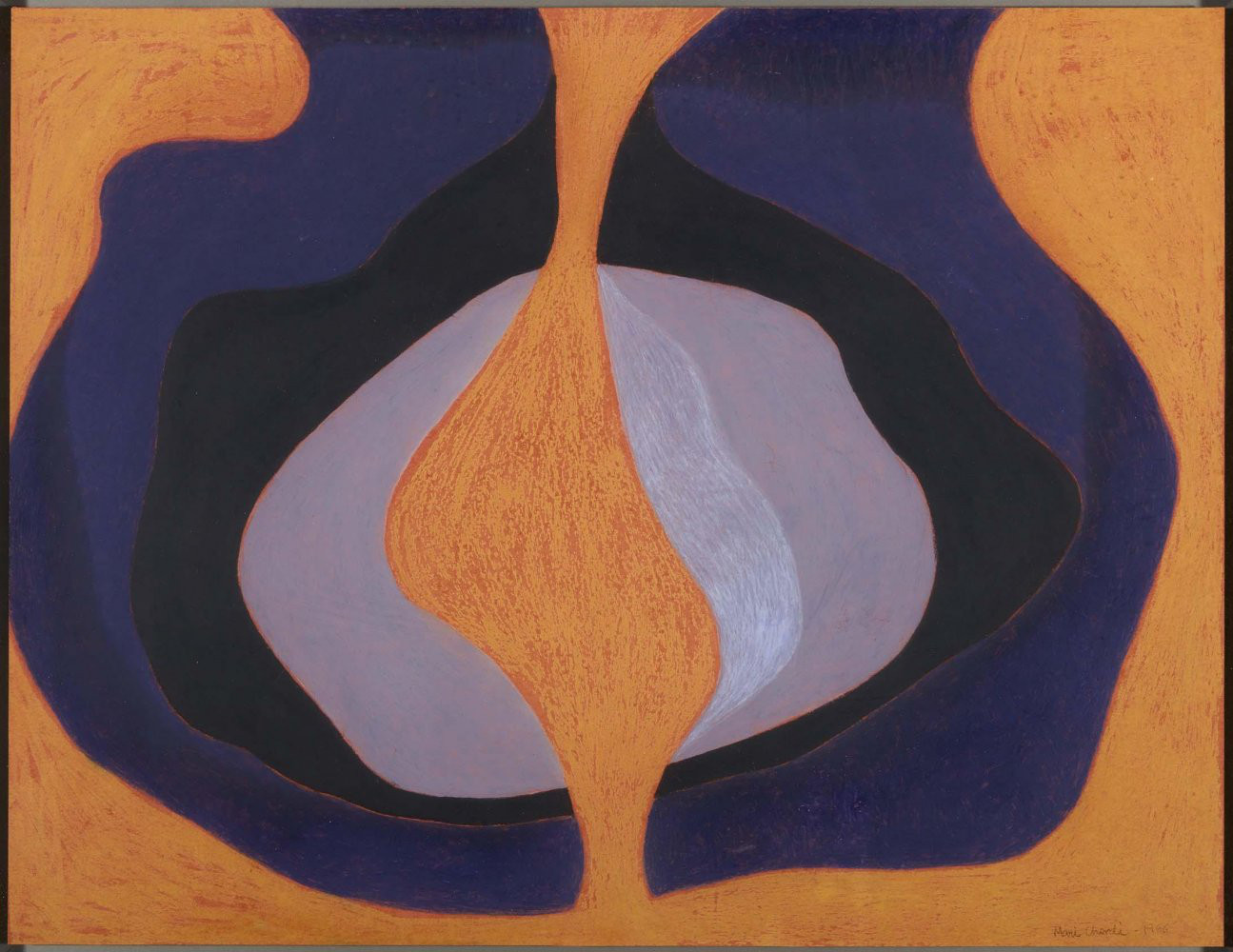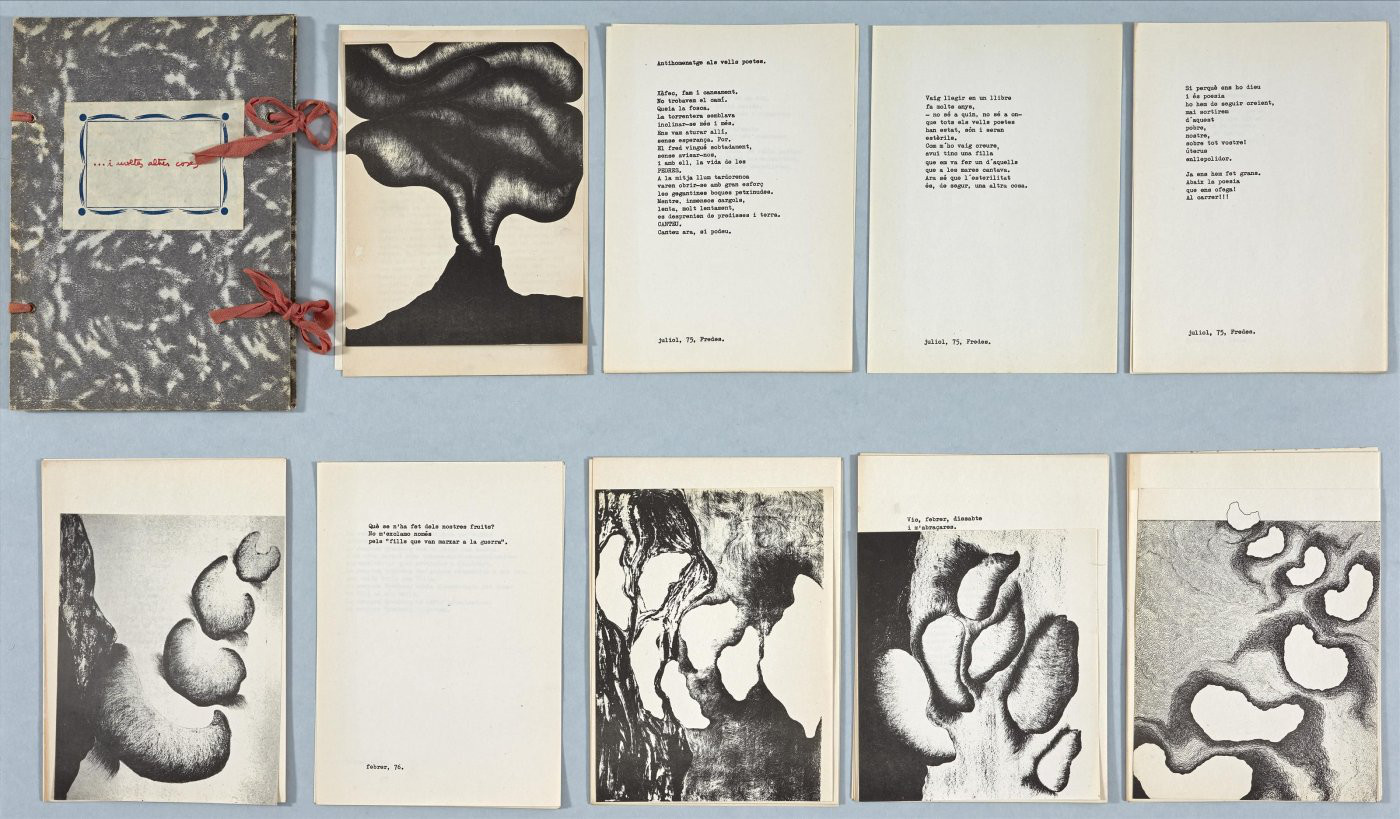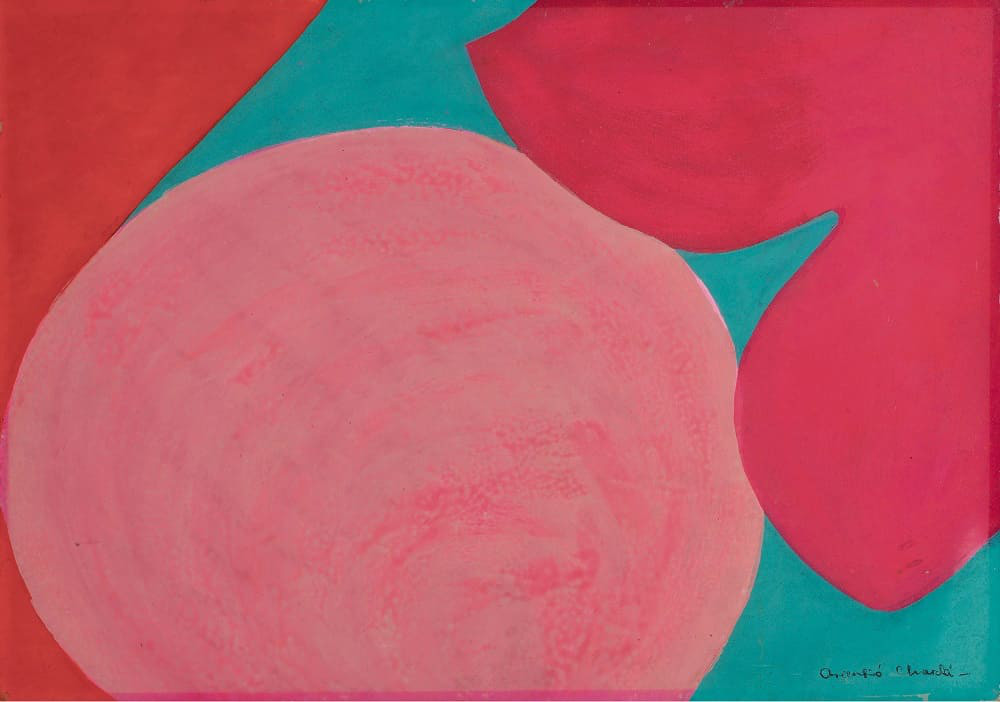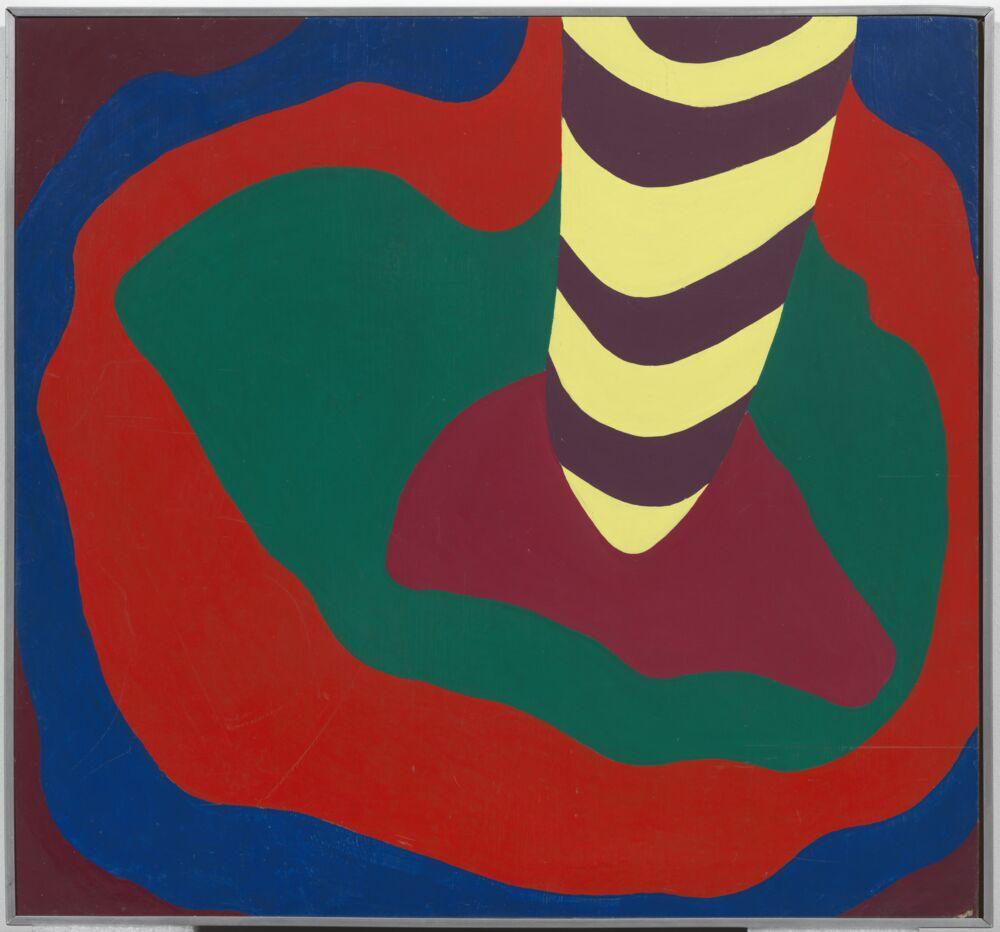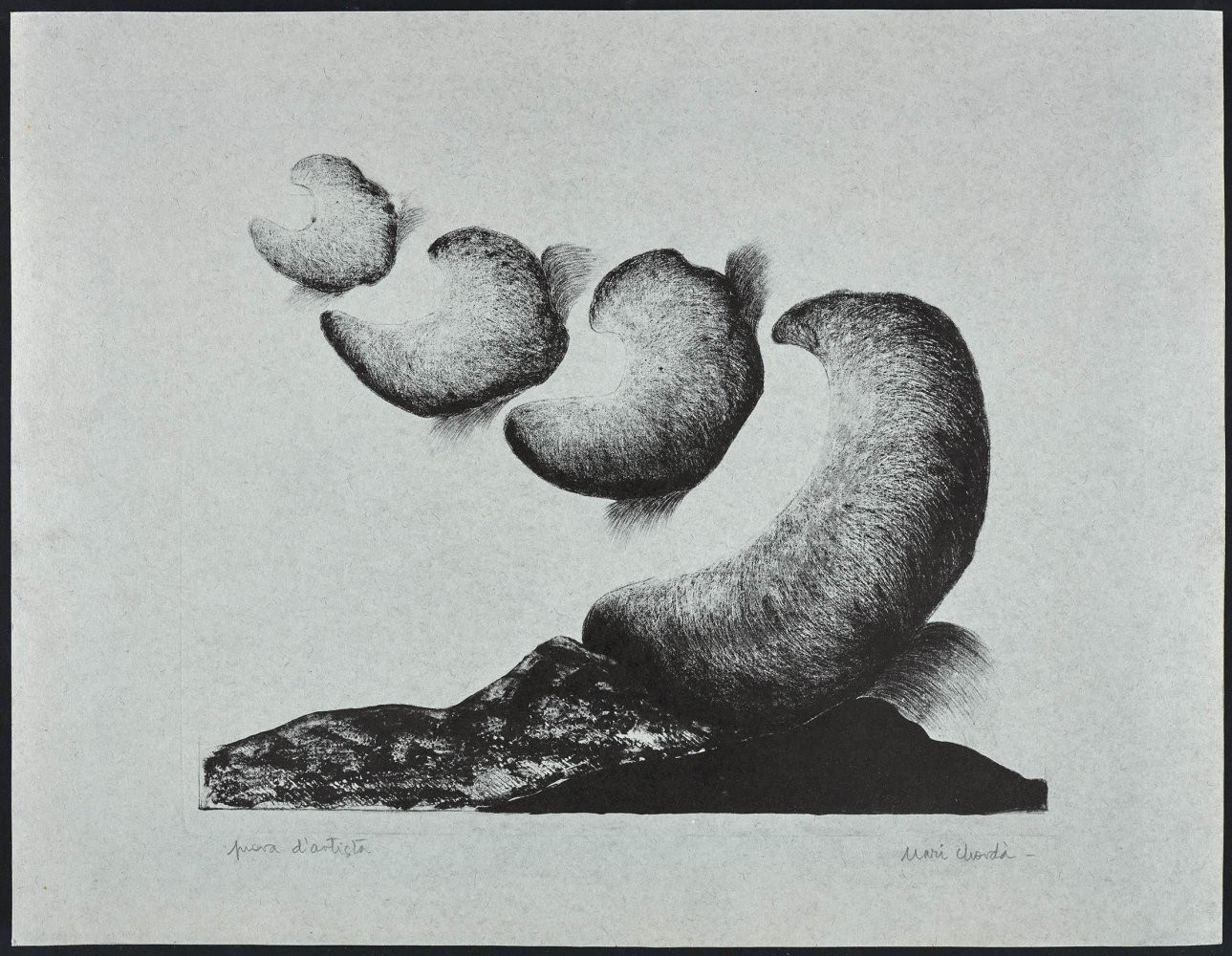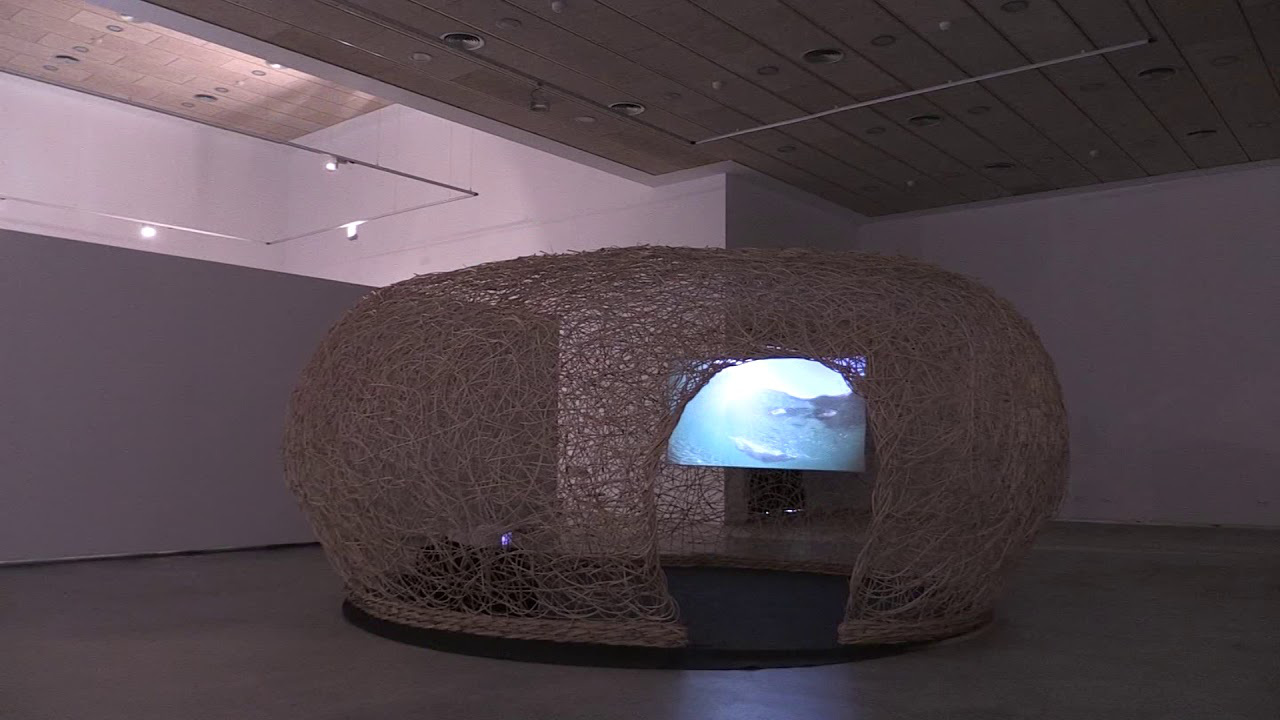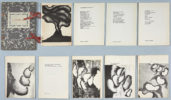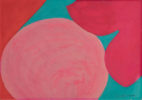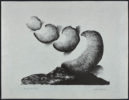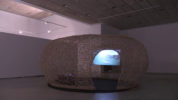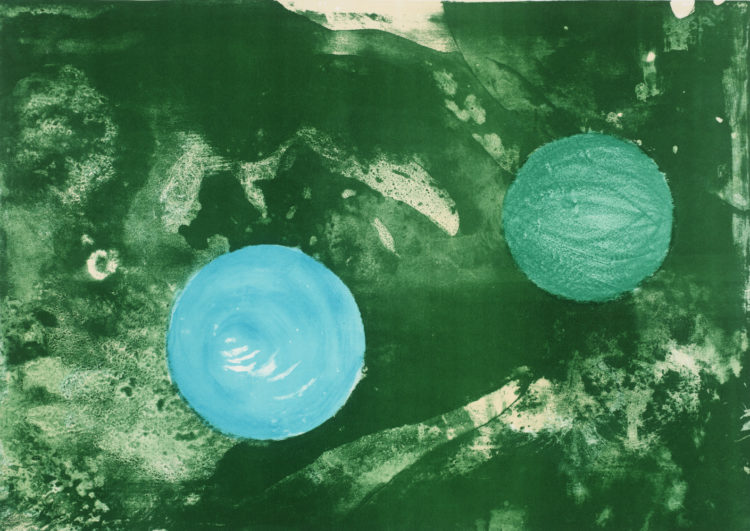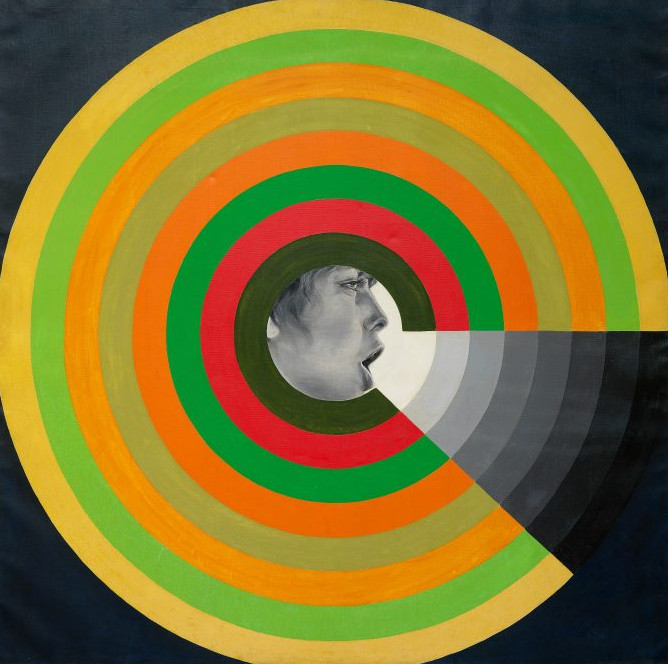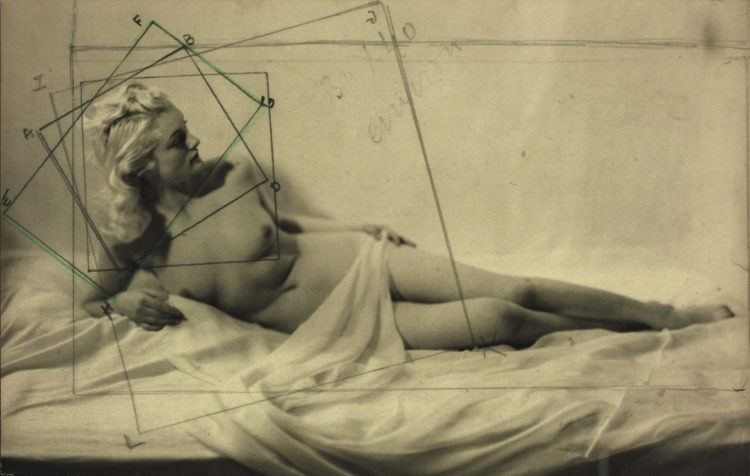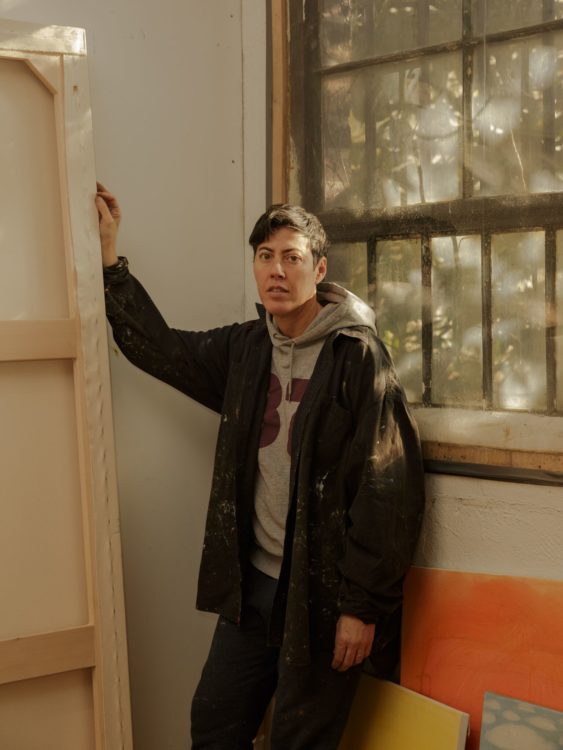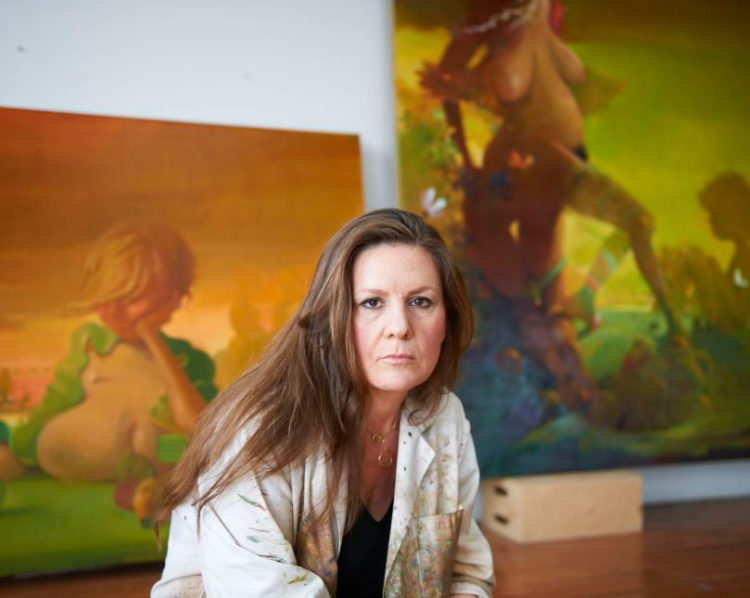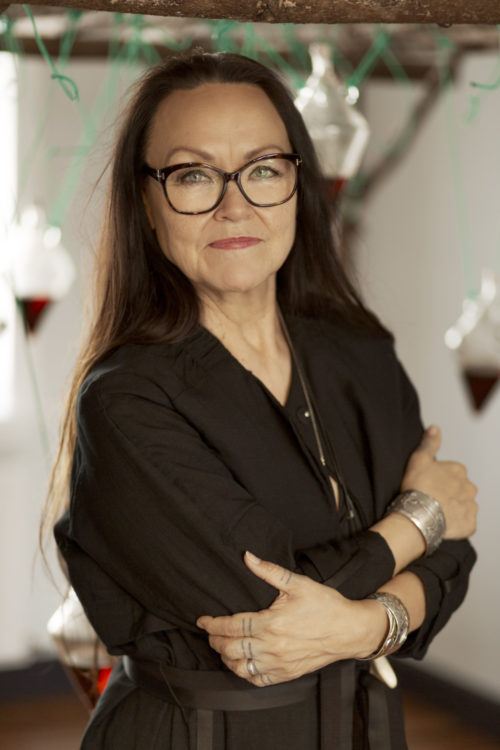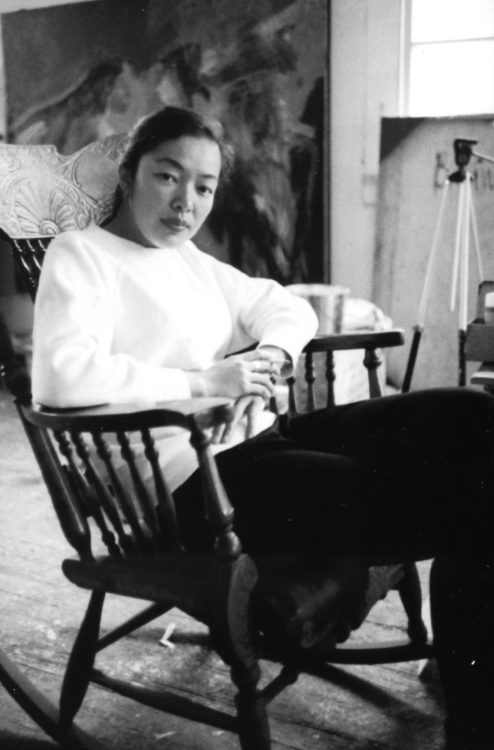Mari Chordà
Gil Durán, Nùria, Història de vida de Mari Chordà. Artista multidisciplinaria, poeta i activista feminista – The Life Story of Mari Chordà. Multidisciplinary artista, poet and feminist activist, Barcelona / Tarragona, Edicions de la Universitat de Barcelona / Publicacions de la Universitat Rovira i Virgili, 2022
→Minioudaki, Kalliopi, Devillez, Virginie, Pop Impact: women artists, exh. cat., Maison de la culture de Namur, Namur, (October 17, 2015–February 14, 2016), Liège, Luc Pire, 2015
→Llinàs, Conxa, Feminismes de la transició a Catalunya, Barcelona, Horsori, 2008
Mari Chordà. Feminist Landscapes, Galeria Mayoral, Paris, April 5–Mai 14, 2022
→Llots i torbes. Mari Chordà, Lo Pati, Centre d’Art Terres de l’Ebre, Amposta, October 28, 2017–January 10, 2018
→Genealogías feministas en el arte español: 1960-2010, Museo de Arte Contemporáneo de Castilla y León, León, June 24, 2012–February 24, 2013
Spanish multidisciplinary artist.
Affiliated with the Catalan feminist movement since the 1970s, Mari Chordà cultivates a creative freedom whose goal is individual and collective emancipation.
Born into a family of businessmen, her education began at various local religious institutions. In 1959 she moved to Barcelona where she studied at the Real Academia Catalana de Bellas Artes de Sant Jordi until 1965. During her first visit to Paris in 1962, she discovered the work of Lucio Fontana (1899–1968) and the American Pop artists who were to be highly influential in her development. At that time she plunged into the student upheavals against the Franco regime, the first step in a political engagement she has never abandoned.
In 1965 she moved to Paris to study lithography at the École nationale supérieure des Beaux-Arts (ENSBA). She continued to deepen the dialogue between art and politics through her work in group shows and her activism as a member of the Spanish Communist Party. In 1966, when she became pregnant, she found herself gradually excluded from the party, making her aware of the male supremacy reigning in the anti-Franco organizations. She began making the series Autorretrats embarassada [Pregnant Self-portraits, 1966–1967] showing the modulations of her body during gestation.
She returned to Amposta in 1967. In the same year she came into contact with the independent theatre troupe La Lira, with which she launched the cultural-political space Llar. In that year she also did Coitus Pop, a painting where she continued exploring the female body and female sexuality.
In 1971 she was awarded a grant to study lithography in Barcelona and began the itineracy between that city and Ampola that has continued throughout her life. She participated in the first clandestine feminist meetings held in the Catalan capital. For her, the personal was becoming political. This led her to problematize her previous production and begin to write feminist poetry.
During the I Jornadas Catalanes de la Dona (First Catalan Women’s Days) at the Universidad de Barcelona (1976), M. Chordà published and distributed a chapbook of poems and prints titled …i moltes altres cosas [… and many other things]. It did not bear her name, since she felt that it embodied the voices and experiences of many women. A year later she and other activists founded LaSal, a legendary feminist bar/library in Barcelona. This space and its associated publishing house provided platforms for her intense feminist political and cultural activity. Immersing herself in poetry during the 1970s and 1980s, she did not return to the visual arts until 1991, when she conceived multimedia pieces such as the video installation Úter/ou [Uterus/egg, 2017], exploring the concept of fertility.
Her work is included in the collections of the Museo Nacional Reina Sofía (Madrid), the Museo de Arte Contemporáneo de Barcelona and the Museo Nacional de Arte de Cataluña (Barcelona). It was addressed in art historian Kalliopi Minioudaki’s studies on international Pop Art and appeared in the exhibition The World Goes Pop at the Tate Modern in London (2015). She has been represented by Galería Mayoral since 2021.
A notice produced as part of the TEAM international academic network: Teaching, E-learning, Agency and Mentoring
© Archives of Women Artists, Research and Exhibitions, 2023


